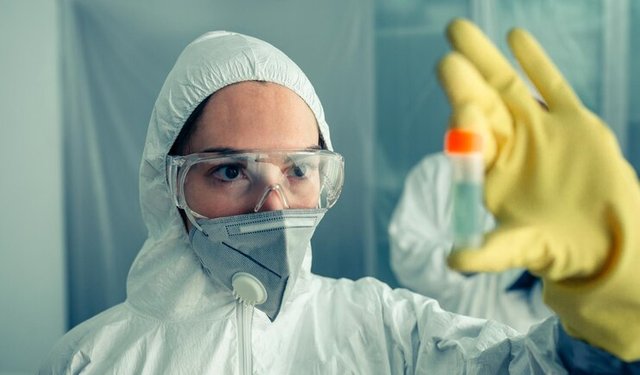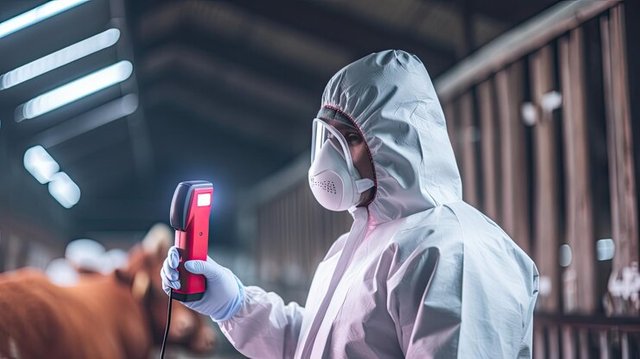"Biosecurity Measures"
Hello, friends welcome to my post in which I have discussed "Biosecurity Measures" as part of my participation in this 👉contest organized by @helengutier2
What is biosecurity?
Biosecurity is a security measure taken by medical professionals in a hospital or medical environment to prevent the spread of diseases. In every hospital you visit, you will see how hospital staff, such as doctors, nurses, and others, are wearing hand gloves, nose masks, etc, to reduce or prevent the risk of transmission of infectious diseases. Biosecurity in a healthcare environment is all about protecting both patients and healthcare workers from exposure to biological agents and potentially harmful substances or items.
Do you know what the most important biosafety standards are that we healthcare workers must follow?
The most important biosafety standards that healthcare workers must follow are:
Hand Hygiene: Frequent hand washing with water and soap or the use of alcohol-based hand sanitizer is important before and after coming in contact with the patient or handling bodily fluids.
The use of personal protective equipment: Masks, gowns, gloves, face shields, and goggles should be used based on the type of expected exposure.
Safe Injection Practices: Healthcare workers never reuse needles or syringes.
Respiratory hygiene and cough etiquette: Healthcare workers will need to cover their mouth and nose with a tissue or elbow when sneezing or coughing.
Proper disposal of sharps and contaminated items: Never recap needles, and also use puncture-proof containers.
We have disposable material and anti-fluid material, what do you know about these materials?
Disposable Materials: Items such as gloves, masks, syringes, and gloves are only to be used once, which using them once reduces the risk of cross-contamination between patients.
Anti-fluid Material: Protect healthcare workers from exposure to mucus, blood, saliva, or other potentially infectious fluids.
What do we avoid with biosecurity regulations?
We avoid the following with biosecurity regulations:
Transmission of infectious diseases like hepatitis TB, and COVID-19
Contamination of sterile environments like ICUs or operating rooms
The spread of pandemics or epidemics within the medical environment

